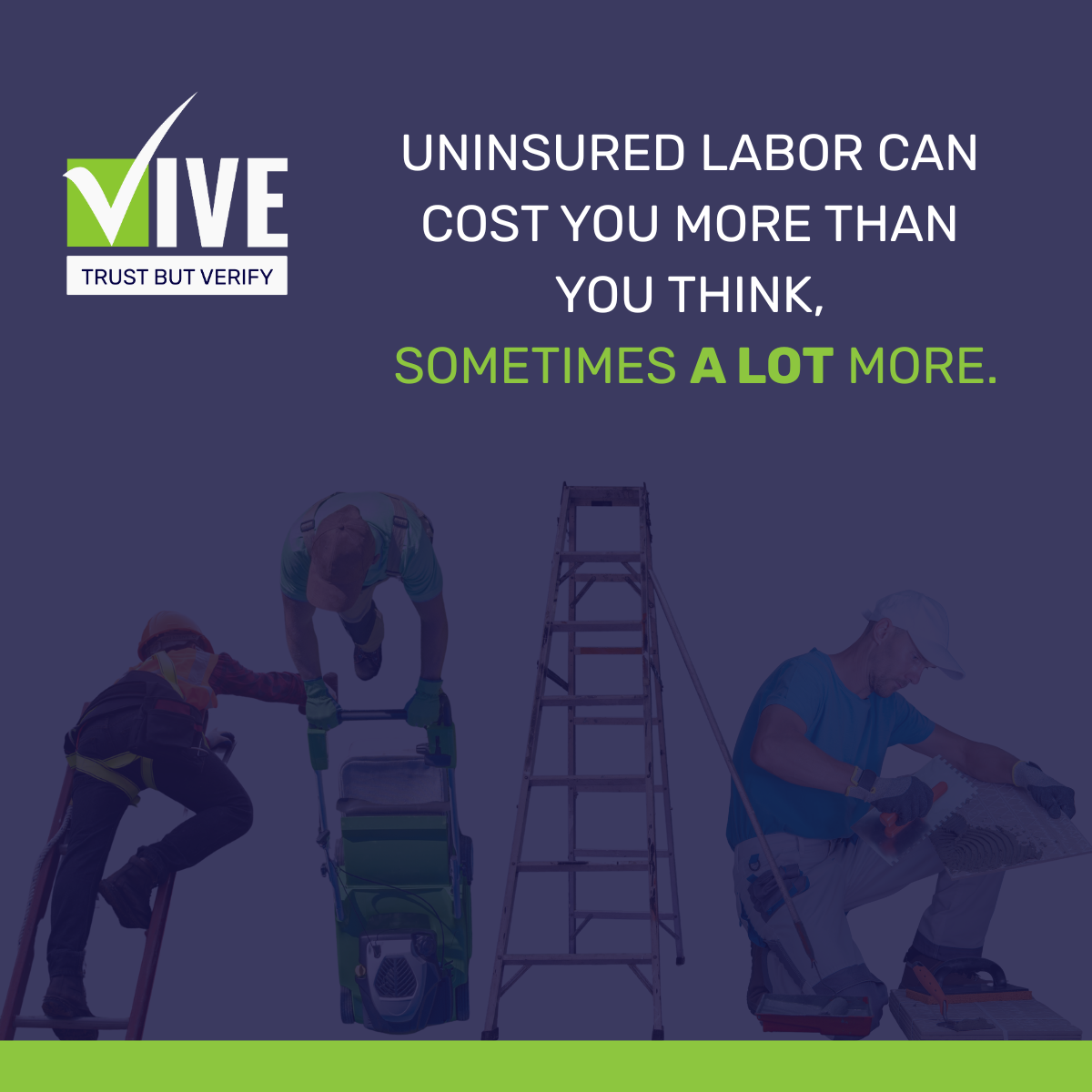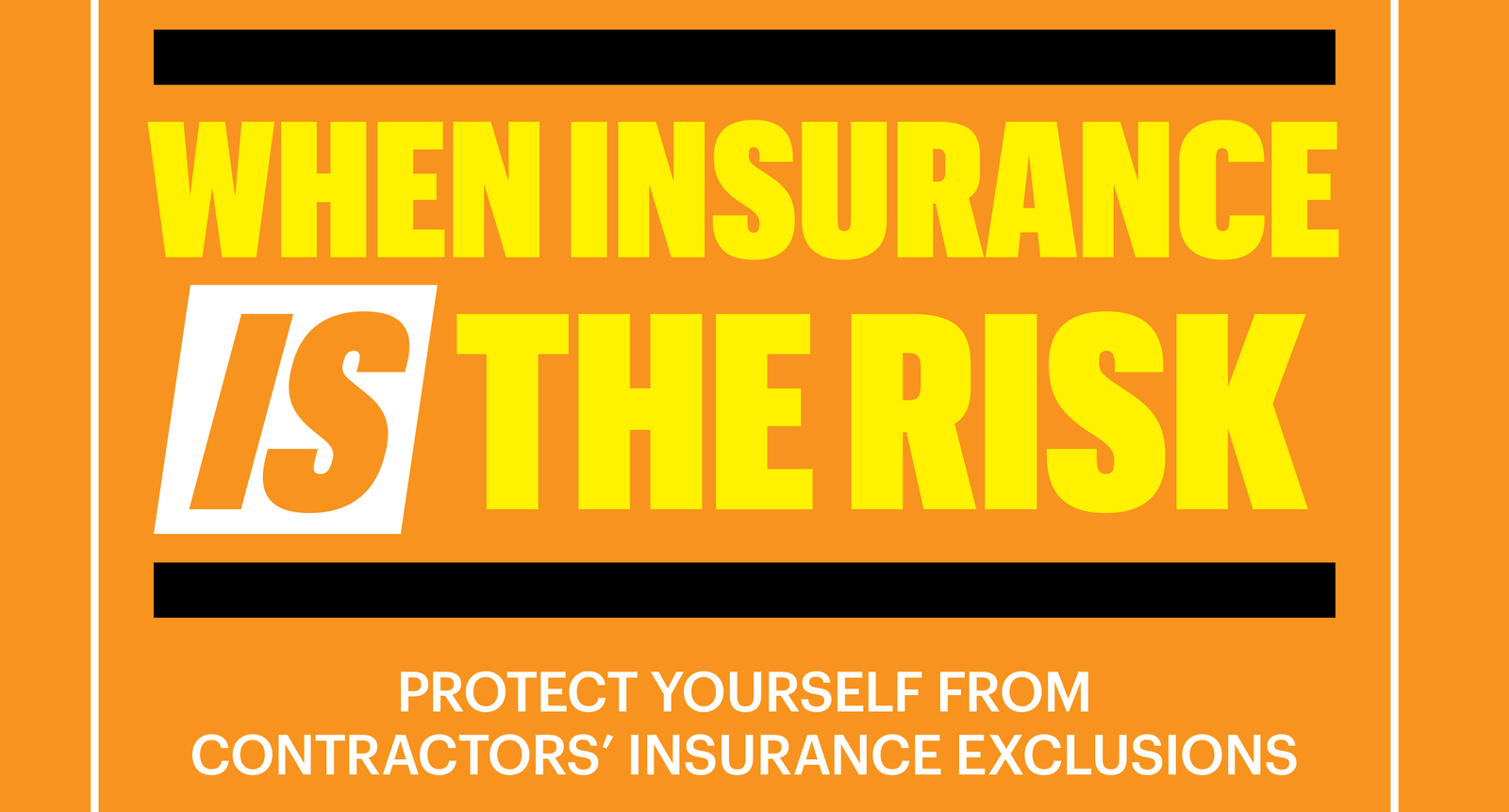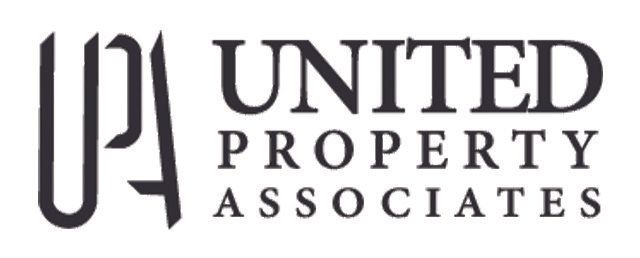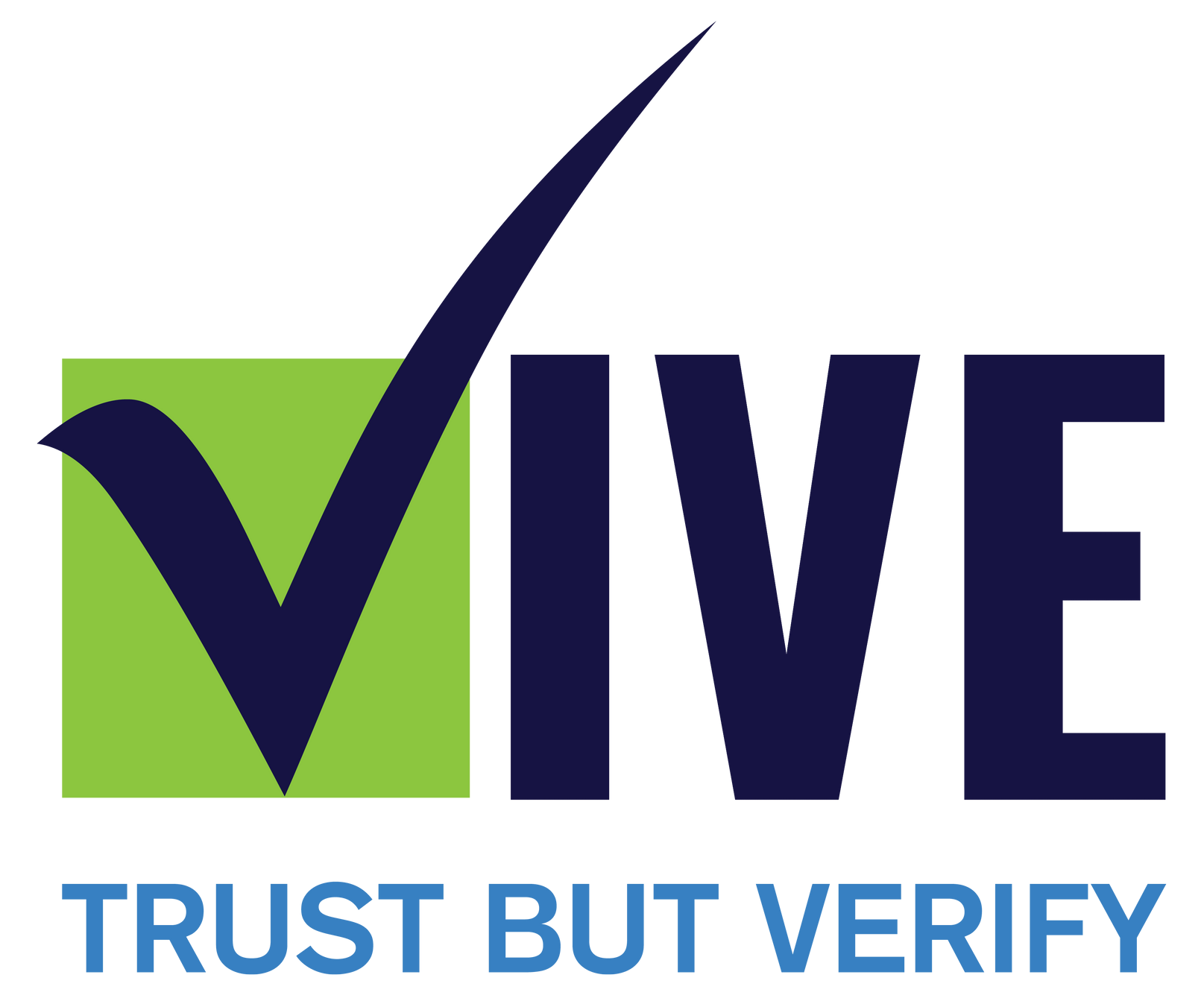
Why Uninsured Labor Can Cost You More Than You Think
Why Uninsured Labor Can Cost You More than You Think
by Joe Bushey, President of VIVE

In the world of management companies, risk is always part of the equation. Over the years, I’ve learned that even the most seemingly minor oversights can lead to major financial consequences, especially when it comes to workers’ compensation and uninsured labor.
When I was actively managing properties, we always recommended maintaining an on-site workers' compensation (work comp) policy, even if we heavily relied on third-party vendors who carried their own insurance. It seemed like an added layer of protection, just in case something went wrong. And let me tell you: that “just in case” moment does come.
The Hidden Risks of Sole Proprietors
Many vendors we work with are sole proprietors. Often, they’re highly skilled, cost-effective, and efficient. But here’s the catch: if a sole prop is exempt from work comp coverage and gets hurt on the job or hires others to complete the work, your team could be on the hook.
I learned this the hard way.
We had a vendor, a trusted sole proprietor, who had worked with us before under exemption. No issues, no claims. But on one project, that vendor subcontracted work to others who were also sole props. What we didn’t know is that by doing so, the vendor essentially took on the role of a general contractor.
The annual audit of our property-based work comp policy flagged this. That one $40,000 painting job, now categorized as uninsured labor, caused the affordable work comp policy held by the association to spike by thousands of dollars. The client wasn’t happy, and understandably, the finger was pointed at us.
Dual Coverage—No exceptions
Exemptions to work comp open up the door to liability. Laws vary from state to state, but once the threshold is broken, the vendor is no longer exempt and is required to obtain work comp coverage. The big issue is many things slip through the cracks. Sole props bring on employees without adding a work comp policy, sub-contract out work for larger jobs and sadly the situation is exposed when an when a loss occurs, with an injury or the annual audit occurs. Hiring uninsured vendors, exempt or otherwise, is just setting things up for a future increase of costs and its just not worth the gamble. An exempt vendor can still elect to have work comp, so the vendor can choose to cover work comp. By eliminating the use of vendors who operate without a work comp policy, it drastically reduces the possibility of any claims/losses to be paid for any work-related injury.
VIVE’s Role in Risk Mitigation
At VIVE, we’re committed to giving management companies, boards, and associations the tools to make better, safer vendor decisions. Our platform makes it easy to verify active insurance policies, track expirations, and ensure compliance at every level. More than that, we help foster a culture of accountability so you’re not caught off guard when losses occur or when work comp audits happen.
Even the best of vendors have accidents, insurance with no exemptions is the best course of action to ensure a loss coming back affecting the pocket book of the association and management company involved.
Trust but verify. Always.







